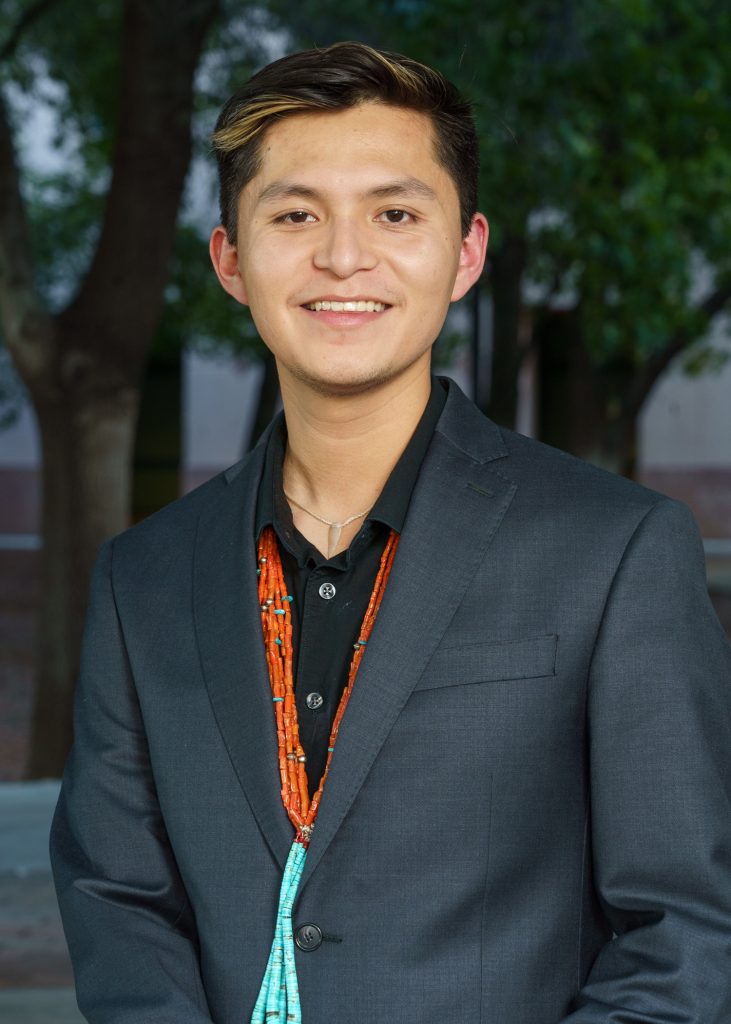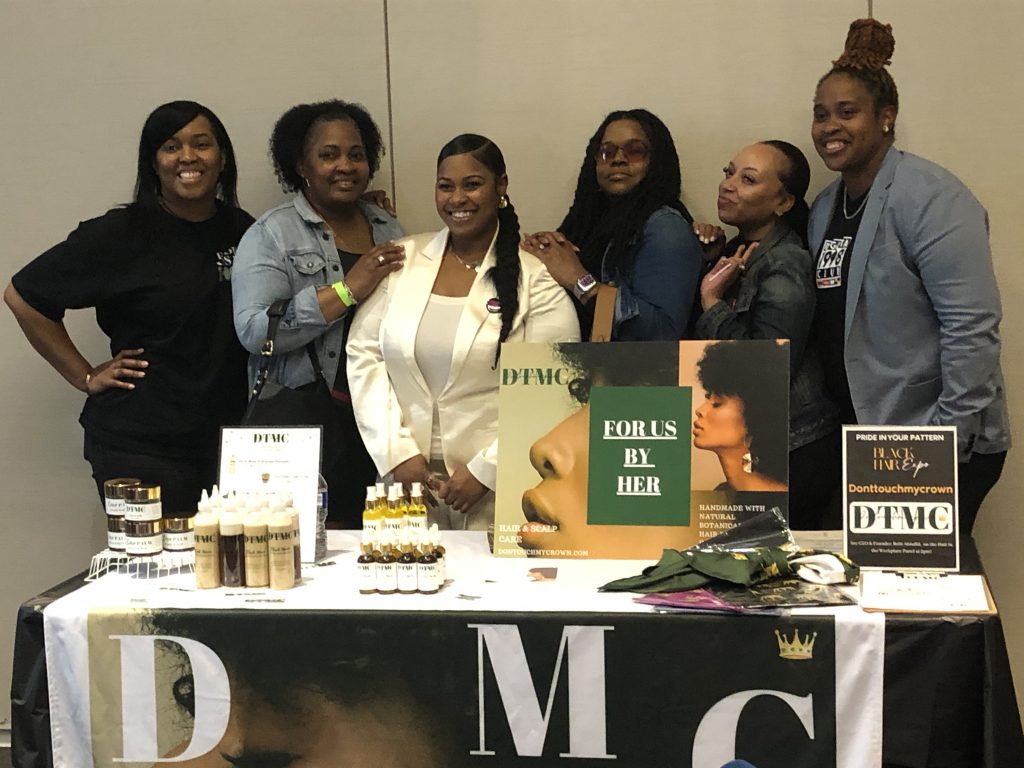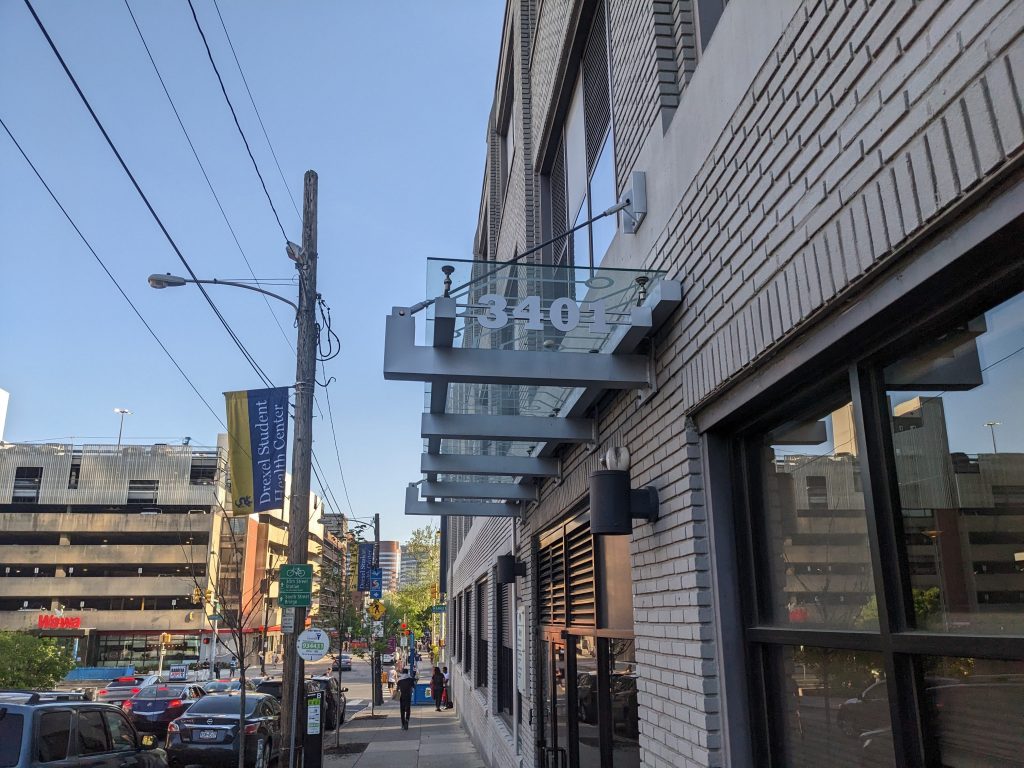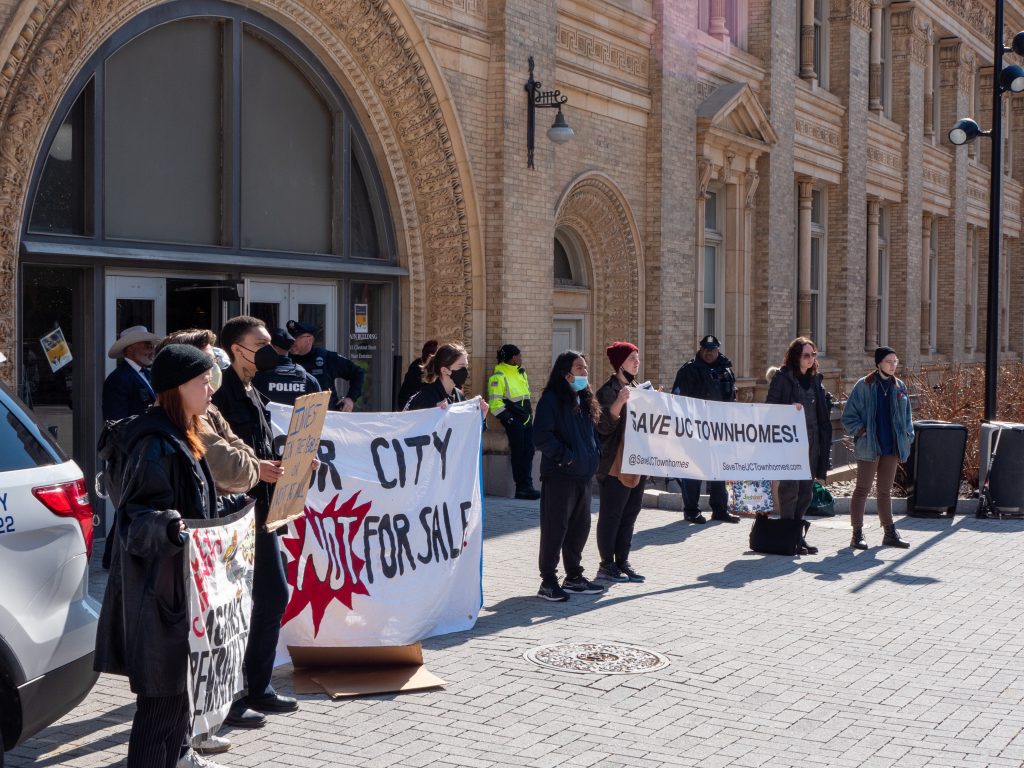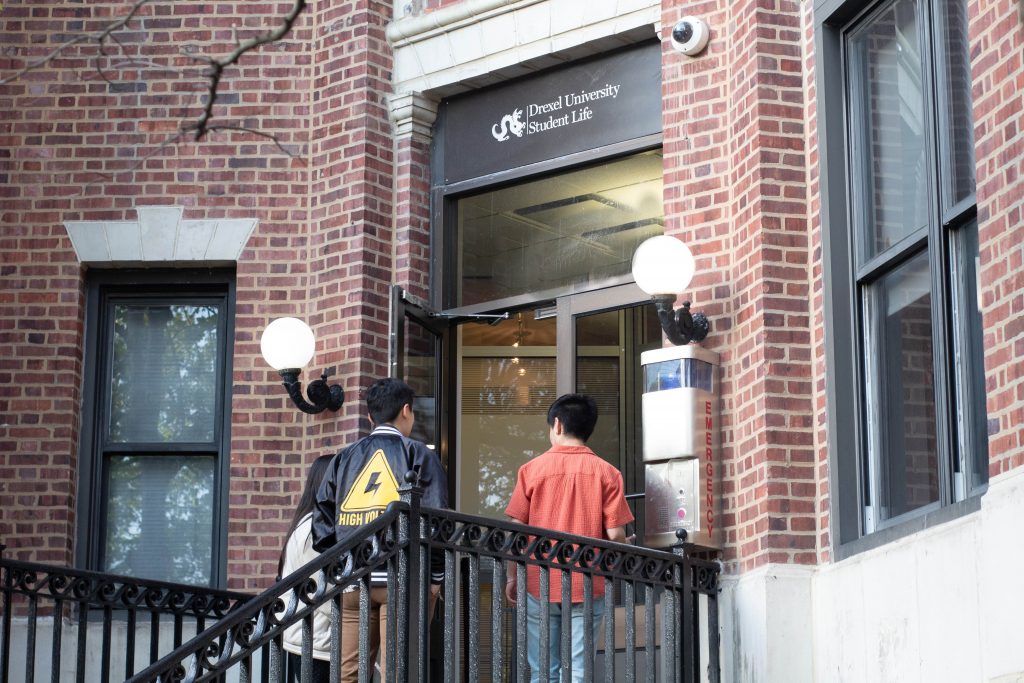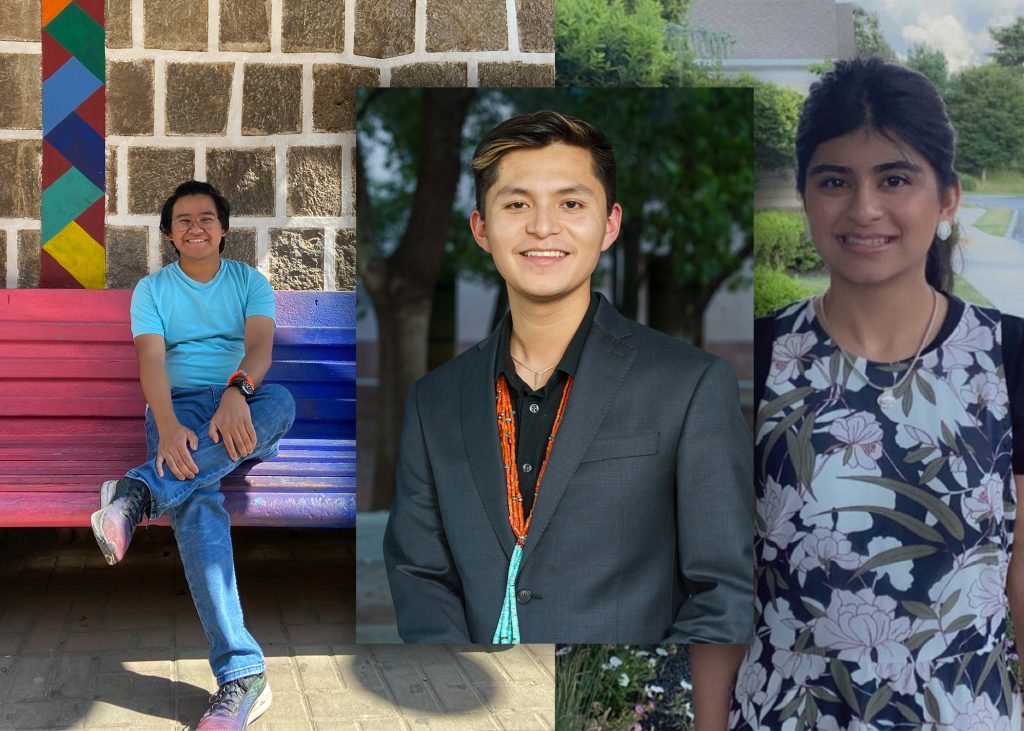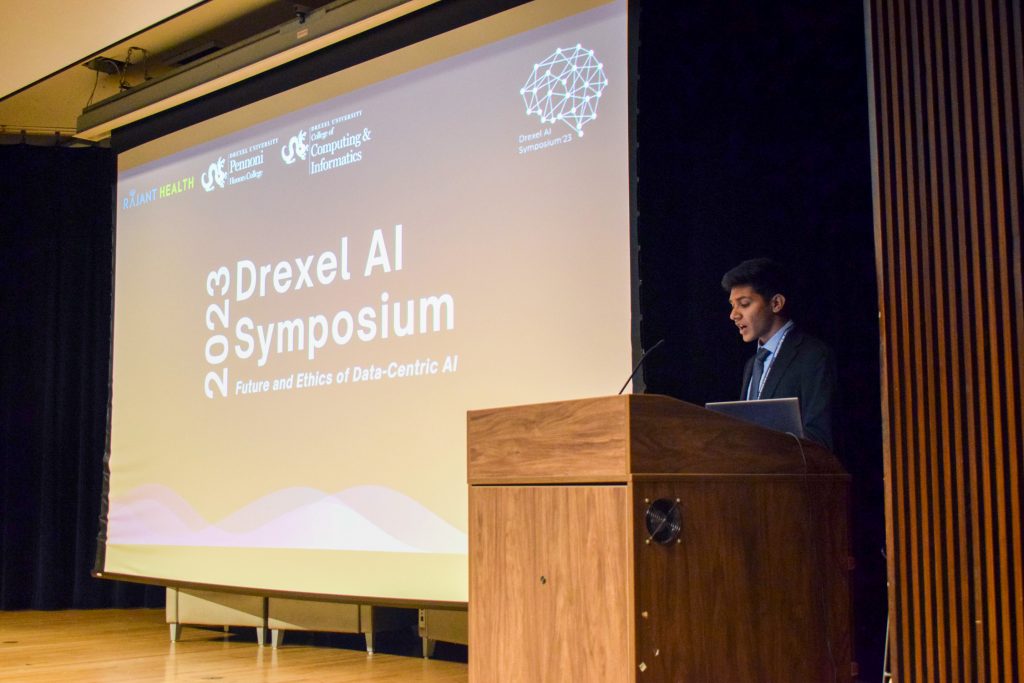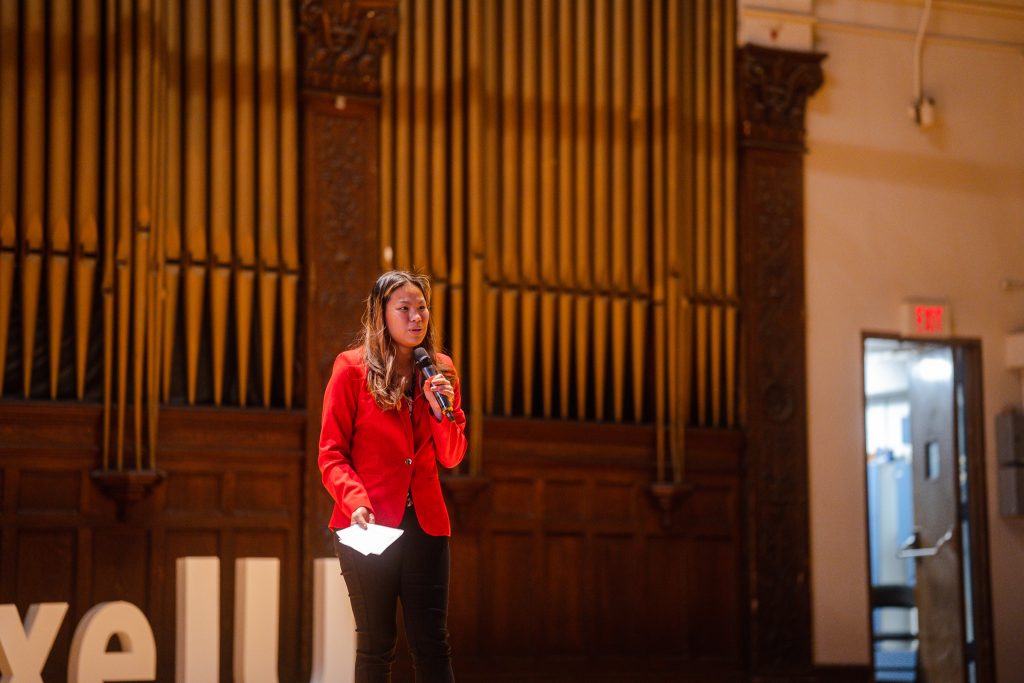
On Saturday, May 6, TEDXDrexelU hosted Blueprint, its biggest annual conference, in Drexel University’s Main Building.
The conference aimed to share stories about how speakers in different lines of work blazed their trail by creating blueprints for their lives.
Some speakers came from other parts of the world, such as Shilpa Kulshrestha, an Indian-Australian professional career coach and best-selling author of the book “Play it Full.”
“I deal with people who have spent 20-30 years in their career, and I realize in that point in their life, when they interview in a room, they feel very powerless and they are being tested. My coaching and mentoring is about helping people step into their power zone and get them into a flow state [so that during an interview] their words are flowing, their achievements are flowing, their actions are flowing, and their lips are flowing,” said Kulshrestha.
Other speakers wereDrexel-affiliated, including Dr. Veronica Carey, a clinical professor and the Assistant Dean for Diversity, Equity, and Inclusion (DEI) at the Drexel College of Nursing and Health Professions.
According to Carey, “My talk is about the fact that students often experience what I call ‘academic pain points’ to be successful [and I] want them to understand that you don’t have to have synonymous pain with higher education, [as well as] a strategy called the ‘first five words’ so they can figure out ways to advocate for themselves and for their peers, changing the culture and climate of the university.”
Students speakers were able to share their stories as well. One such student was Paige DeAngelo, a senior communication major with a public relations concentration and an entrepreneurship minor who founded Aer Cosmetics during her co-op.
According to DeAngelo, “The company was founded to create sustainable makeup [and] my invention, the dissolving mascara tablet, so I made a formula for a mascara that holds the shape of a tablet and is water soluble so a customer can refill it rather than throwing it out and buying a new one.”
Behind all these speakers is the support of the TEDXDrexelU E-board and its desire to bring TED Talks to Drexel.
“TEDx conferences are independently organized events that run under an official license from the TED organization [and] as TEDxDrexelU. We get to shape our conference in a way that we think will be the most impactful to those in our immediate community but have the benefit of the talks living on forever and being shared with the entire world because they are then posted on TED’s website and the TEDx YouTube channel,” says Eva Kraus, a third-year biomedical engineering major, and the TEDXDrexelU president and curator.
The TEDXDrexelU E-board takes pride in exposing new ideas to the students of Drexel through the power of localized TED talks.
“My favorite part of TEDxDrexelU has to be the people I work with!” says Ina Shah, the TEDXDrexelU event coordinator. “The individuals we collaborate with are talented, imaginative, and compassionate [and] there is much to learn in their company and conservations.”
They also have a unique take on what a TED Talk is supposed to be like.
“Part of the reason you watch [TED Talks] is to get something out of it [and] even though I don’t completely agree with every speaker with everything they say, you can find meaning in what they are saying,” said Gabrielle Remo, a senior majoring in international business and minoring in business analytics.
The TEDXDrexelU Blueprint conference brought several speakers, Drexel-affiliated and otherwise, to tell their unique career stories to students. More exclusive events are in store for TEDXDrexelU’s vision of the future.
“My dream goal for TEDxDrexelU is that it becomes a recognizable name on campus and that the stories we share hold significance in the Drexel and Greater Philadelphia community – whether that be because of the norms they challenge or the lessons they teach,” said Kraus.

